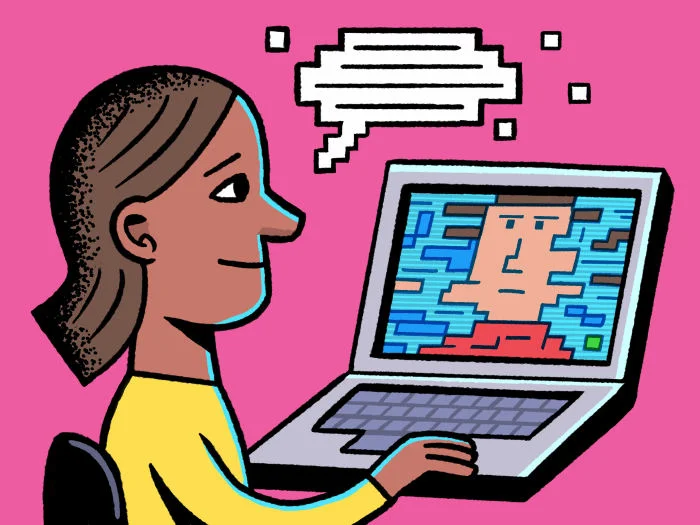
Skype Officially Shuts Down After Two Decades: A Look Back and What’s Next
After more than two decades of connecting people across continents, Skype, the once-dominant video call platform, is officially shutting down on May 5th. For many, this marks the end of an era, evoking nostalgic memories of the iconic ringtone and the pioneering experience of video chatting with loved ones. But what led to the demise of this tech giant, and what are the alternatives?
Microsoft, which acquired Skype for $8.5 billion in 2011, is now consolidating its communication strategy around Microsoft Teams. The company argues that Teams offers a more comprehensive solution with persistent chat, advanced meetings, file sharing, and deep integration with the Microsoft 365 ecosystem. This strategic pivot signals a shift away from Skype's original desktop-centric architecture, which struggled to adapt to the demands of mobile-first, cloud-native communication.
According to PYMNTS.com, "Skype's architecture, built for the desktop era, struggled to keep pace with the demands of mobile-first, cloud-native communication. As user preferences shifted toward seamless, integrated and device-agnostic solutions, Skype's relevance faded." The rise of competitors like Zoom, Slack, Google Meet, and FaceTime further contributed to its decline.
While Skype may be fading into the digital sunset, its impact on modern communication is undeniable. It transformed "let's Skype" into a household verb, bridging borders and enabling countless meaningful moments. Peter Raeburn, the composer behind Skype's original sonic landscape, recalls aiming for something that felt "alive" and multi-dimensional, creating a relatable character through sound. Even the error notifications were designed to be playful, a stark contrast to the more corporate-sounding motifs of Teams or Slack.

However, as technologies evolved, Skype struggled to keep pace. As noted by The Independent, "Skype simply couldn’t keep up when shinier competitors, like Zoom or Salesforce’s Slack, came into the market and capitalised on the global shift towards remote working." The platform's inability to quickly adapt and add new features, coupled with occasional glitches and laggy calls, opened the door for competitors to thrive.
For those still reliant on Skype’s low-cost international calls, alternatives like Zoom, Google Voice, and other VOIP services offer similar functionalities. Microsoft has provided a migration path, allowing users to export their chat history and contacts to Teams. Despite the availability of alternatives, some users express concern about losing distinctive features and the potential disruption to personal and professional relationships.
As Skype bows out, it joins a growing list of retired web applications, including MSN Messenger, Google Jamboard, and Internet Explorer. Its legacy remains as the platform that revolutionized communication and paved the way for the modern video conferencing era.
What are your fondest memories of using Skype? Share your thoughts and experiences in the comments below.